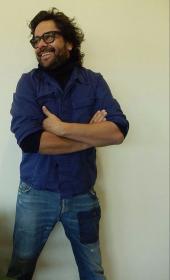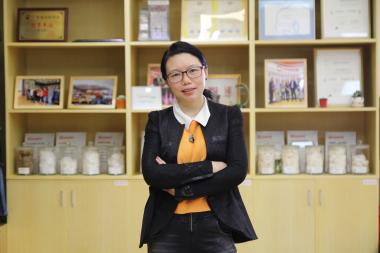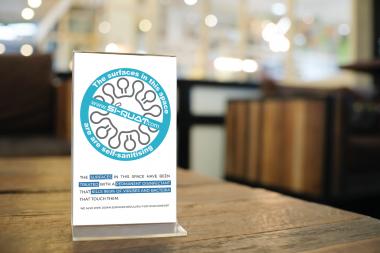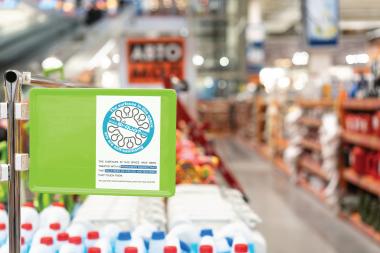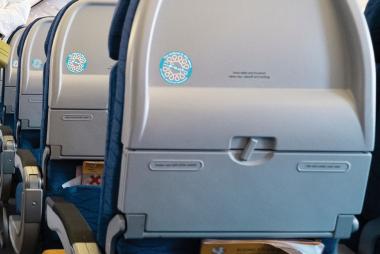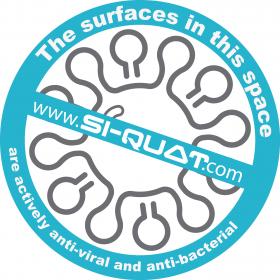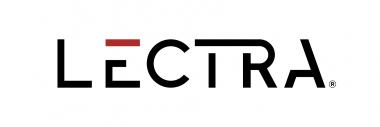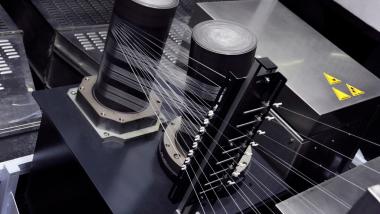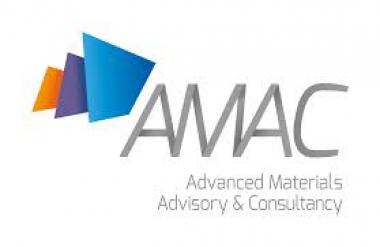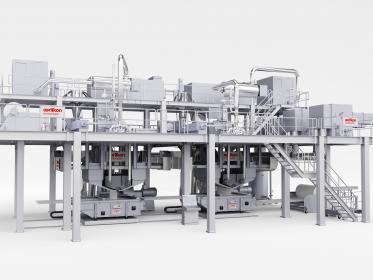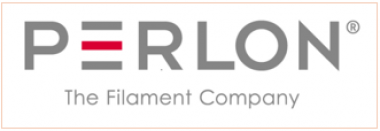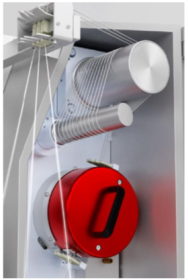Sappi: High-quality face masks – in top-quality packaging
- The quality of Sappi’s Algro Design Advanced solid bleached board makes the difference for Wolford
The unique combination of physical and optical features combined within the Algro Design range of products, convinced the textile manufacturer, Wolford, to use the range to package its innovative face mask. When creating the packaging solution for its ‘Care Mask’ the company chose to combine the premium 350 gsm Algro Design Advanced solid bleached board with extremely challenging ink covering and a number of finishing options. The end result is a packaging solution that is as elegant as it is creative and as a result, perfectly complements the product inside.
- Premium packaging for premium products
- Perfect for complex graphic applications
- Unique service from the innovation leader Sappi
Wolford, founded in Bregenz, Austria, in 1950, is the global market leader in skinwear ‘made in Europe’. Since its establishment, the company has come up with numerous product innovations and is always at the cutting edge. Even before the coronavirus pandemic hit Europe, product developers were considering the idea of launching their own face mask protection, having witnessed the effects of the coronavirus SARS-CoV-2 in Asia. Thanks to an outstanding, highly efficient development division, a new product, ‘Care Mask’, was quickly brought to market.
It meets the high-quality standards of Wolford and consists of a premium, soft, breathable material that ensures high wearing comfort. Wolford is particularly proud that such a high-quality product could be developed in just a few weeks, despite reduced working hours and staff working from home. It generally takes some time to progress from development to product maturity. In this case however, everything was ready for market launch within two weeks.
Top quality meets top quality
Alongside the product, Wolford developed an appropriate packaging solution for their high-quality product, in collaboration with their in-house graphics department. To enable the ‘Care Mask’ to be quickly launched, a suitable material needed to be found, which could meet Wolford’s high standards in terms of quality, appearance and feel.
Wolford’s long-term partner, Sappi Europe had the perfect solution right away with its 350 g/m2 Algro Design Advanced solid bleached board. Thanks to its double-coated top and lightly coated back, the material from the innovation leader is a perfect choice for premium packaging.
The high brightness and silky, soft touch of the paperboard gives the packaging a premium, exclusive look and feel. The colour brilliance of Algro Design Advanced and the continuous, precise reproduction of complex print motifs were exactly what Wolford was looking for and met the high standards of the brand. Thanks to its additional outstanding finishing and processing properties, further processing with grooves, hot-foil embossing, paint finishes and adhesives was also easily achievable, which made it perfect for Wolford’s needs.
Service comes first at Sappi
Product capability alone was not enough for this venture however. To allow Wolford to achieve their goal of two weeks from inception to market ready, they also required a highly responsive service level from their trusted partner and Sappi responded at every level. From selecting the right quality and size to the precise delivery of the paperboard to the printers, all in the space of five days, Sappi was flexible and immediately ready to respond. Thanks in no small part to the proactive support provided by all contributors to the creative process, the ‘Care Mask’ was launched at the end of March 2020 and was a resounding success. 5,000 masks were sold out within an hour and were sent on their way to the customers in their exclusive packaging.
Sappi Europe







